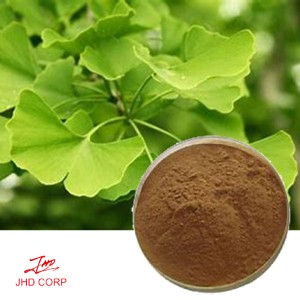Why is Ginkgo Biloba Extract rarely found in skin care products?
The research on the direct benefits of Ginkgo Biloba Extract for skin health is still limited. While some evidence suggests that it may have antioxidant and anti-inflammatory effects when taken orally, its effectiveness when applied topically to the skin is not as well-established.
Ginkgo Biloba Extract is a natural ingredient that has gained popularity for its potential health benefits, including its antioxidant and anti-inflammatory properties. However, it is rarely found in skin care products for several reasons.
First and foremost, the extraction process of Ginkgo Biloba Extract is complex and expensive. This makes it less cost-effective for skincare companies to incorporate into their products than other more readily available ingredients. Additionally, the stability of Ginkgo Biloba Extract in skincare formulations can be challenging, as it may degrade when exposed to light, air, or certain pH levels. This can compromise the extract's efficacy in skincare products, making it less desirable for manufacturers.
Furthermore, the research on the direct benefits of Ginkgo Biloba Extract for skin health is still limited. While some evidence suggests that it may have antioxidant and anti-inflammatory effects when taken orally, its effectiveness when applied topically to the skin is not as well-established. Skincare companies often prioritize ingredients with a robust body of scientific research supporting their efficacy in improving skin health.

In addition, Ginkgo Biloba Extract may pose a risk of allergic reactions for some individuals. As with any natural ingredient, there is a potential for sensitivities and allergic responses, which can be a concern for skincare manufacturers looking to create products with broad appeal and minimal risk of adverse reactions.
Despite these challenges, some skincare companies may still choose to include Ginkgo Biloba Extract flavonoids in their formulations due to its potential benefits for skin health. However, its limited availability in skincare products compared to other ingredients is largely attributed to the aforementioned factors.
In conclusion, while Ginkgo Biloba Extract has garnered attention for its potential health benefits, its rarity in skincare products can be attributed to its cost, stability challenges, limited research on its topical benefits, and potential for allergic reactions. As the skincare industry continues to evolve and new research emerges, it is possible that the presence of Ginkgo Biloba Extract in skincare products may increase in the future as these challenges are addressed and more is understood about its potential for promoting skin health.















